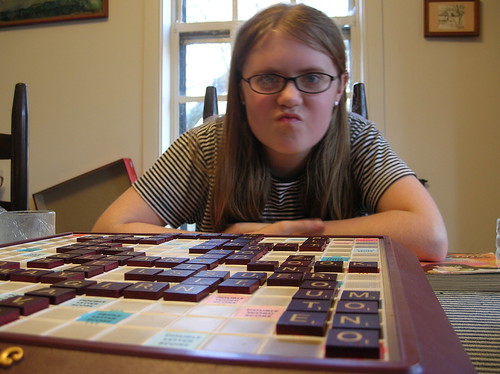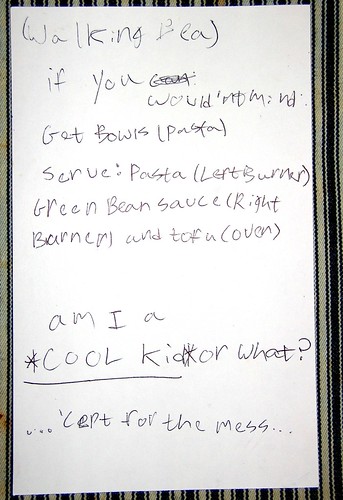Nonsense and Insensibility
A few weeks ago, on consecutive days I heard observations that irked me intensely. On one hand, I overheard someone talking about a storm “that would surely have destroyed the ship” if it hadn’t reached harbor; on the other hand, Clive James said, “The author of Jane Austen’s novels couldn’t possibly look like this, or they would be very different novels.” (Watch my veins bulge.)
Biblical scholars talk this way all the time, as though we, they, can arrive at reliable judgments about what can or cannot possibly have happened, about what surely would have happened. To take these items one at a time: in a story about improbable escapes (the context for the characterization), saying that a particular storm “would surely have sunk” a particular ship entails a weird incoherence. On one hand, the story narrates the remarkable adventures and extraordinary resilience of the boat in question; on the other hand, it asks us to assent that a storm that did not in fact affect the boat in question would have destroyed a boat that (in the course of several preceding paragraphs) had already survived several terrible typhoons. What makes this dramatic storm different from the three or four previous ones? If the previous escapes were so amazing, why might not the ship have escaped this last one too? If the last storm were notably more severe than the previous ones, might the narrator not have given us fair notice that these were just middling storms, and that the worst is yet to come? (But that wouldn’t work out, since the boat was in safe harbor for the last storm, so it didn’t survive that one; it needs the dramatic hype of “surely would have” in order to heighten the excitement surrounding “arriving in port,” a not-so-dramatic event on its own.)
That’s all relatively mild, and I’m only mildly piqued about that example — but it plays the same game of retrognostication that Clive James parlays into a prominent appearance on NPR. Foolish me! All along I thought that Jane Austen was a brilliant, imaginative novelist — whose male characters as well as her (plain) female characters conveyed subtle understanding of various sorts of people. Presumably, she could see into the character of a tormented nobleman, a humble, intelligent woman of moderate circumstance, ardent suitors, affable fathers and devoted mothers, but not attractive women — because, after all, we know that she wasn’t attractive, couldn’t have been attractive; an attractive person couldn’t be the author of Sense and Sensibility. Pshaw! Poppycock! Fustian and twaddle!
The world would be a significantly better place if we extirpated misplaced certainty about what we know concerning matters of which we have insufficient evidence. We have no way of knowing whether the resilience and seamanship that kept a ship afloat through a serious of serious storms would have seen that boat through the last one; we have no way of knowing from Austen’s literary oeuvre whether she was beautiful or homely. In each case we can fairly say that “we would be surprised if X” or “ Y would probably have happened.” Why sacrifice honesty and intellectual integrity in favor of pompously inflated claims about knowledge of the past and possibility?
[Later: Unforeseen pertinent connection, care of Dorothea: Race, fiction, chacters, racism (don’t be put off if you feel as though you fell into the middle of someone else’s conversation; you did, but it’s worth mulling over and figuring out.]


